
Between the Temples (2024, dir. Nathan Silver)
Certificate: 15
Running Time: 111 mins
UK Distributor: Sony Pictures
UK Release Date: 23 August 2024
WHO’S IN BETWEEN THE TEMPLES?
Jason Schwartzman, Carol Kane, Dolly de Leon, Caroline Aaron, Robert Smigel, Madeline Weinstein, Matthew Shear, Lindsay Burdge, Jason Grisell, Cindy Silver, John Magary, Annie Hamilton, Jacob Morrell
WHO’S BEHIND THE CAMERA?
Nathan Silver (director, writer), C. Mason Wells (writer), Tim Headington, Taylor Hess, Nate Kamiya, Adam Kersh and Theresa Steele Page (producers), Sean Price Williams (cinematographer), John Magary (editor)
WHAT’S IT ABOUT?
A Jewish cantor (Schwartzman) takes on his former music teacher (Kane) as his latest student…
WHAT ARE MY THOUGHTS ON BETWEEN THE TEMPLES?
Every filmmaker has the right to express themselves in any way that they see fit. Similarly, every critic has the right to express their own honest opinion on that filmmaker’s work, even if it sometimes goes against the main consensus.
With that in mind, I found myself very annoyed by filmmaker Nathan Silver’s latest film Between the Temples. Instead of being entertained as I know a lot more people in my profession were by this film, I was personally irritated by a style that quickly got on my nerves, and frustratingly did not let up for the entire runtime, which made it much more difficult to get behind.
On the surface, its premise is decent enough. It follows Ben Gottlieb (Jason Schwartzman), a Jewish cantor who’s experiencing a crisis of faith in the wake of his wife’s death and the insistence of his overbearing parents (Dolly de Leon and Caroline Aaron) to start dating again. He soon strikes up a friendship with his old music teacher Carla O’Connor (Carol Kane), especially after she approaches him to request that he teach her for her upcoming bat mitzvah, something she was never allowed to do as a child. Eventually, as the two spend more time together, they form a tight connection that may just help them out of their own personal troubles.
The functionality of that premise, though, is undone by a wildly anarchic execution. For some reason, director and co-writer Silver has chosen to frame his film like something by the Safdie brothers, wherein everything that happens to or around the main characters just piles on the pressure until it’s ready to burst in an explosion of anxiety and stress. It is an odd approach to say the least, because while the character of Ben is certainly undergoing some inner turmoil throughout the film, the central scenario in and of itself doesn’t necessarily call for this type of pressure cooker storytelling. As a result, you’re left with a lot of scenes that are in essence fairly normal but also riddled with such an unnecessary amount of awkward panic that it quickly becomes discombobulating for anyone expecting a more straightforward film as the premise suggests.
That overwhelming feeling of unease extends to how the film is visually presented, with cinematographer Sean Price Williams – who himself recently made the much stronger satire The Sweet East – for whatever reason incorporating a LOT of tight close-ups on characters’ faces that are impossible to escape from. Williams is a talented cinematographer, as his past work for filmmakers like Alex Ross Perry and the Safdie brothers (them again) can attest. However, his disorienting and borderline surreal visual style does not match the more tender story that Silver and co-writer C. Mason Wells are trying to tell, as you’re far more distracted and even put off by the constant handheld zoom-ins on the likes of Carol Kane, to where you can practically begin to see their pores.
Furthermore, there are some bizarre choices made by editor John Magary that further confuse the tone of the original story. Some scenes are preceded by an increasingly loud trombone stinger that, once again, confuse the quirky comedy for something much more stressful and off-putting, while at one point – admittedly when psychedelic drugs are involved – it goes full-on zany with fast-motion chase sequences and wide-angle lensed confrontations with past selves. All of it gives off the vibe of something that would have been made in the 1970s, which may well have been director Silver’s intention from the very beginning, but even in that regard it feels like the kind of 70s movie that would not have aged all that well decades later. It’s like if Harold and Maude got infected with the DNA of the Bill Murray comedy Meatballs, and knowing those movies they are ones that should never, ever go together.
With apologies to anyone else who enjoyed it, I just couldn’t get behind Between the Temples. I was too annoyed by its out-of-control style to really get invested in the otherwise well-meaning story and characters, which irked me to a point where I genuinely considered walking out at one point. I can’t say it’s that bad of a film to actually walk out on, but the fact that I was that close really does say a lot about this mess of a movie.
SO, TO SUM UP…
Between the Temples has a decent enough concept that is wildly let down by an anarchic execution, with an overabundance of bizarre filmmaking choices that may leave you more irritated than genuinely invested.





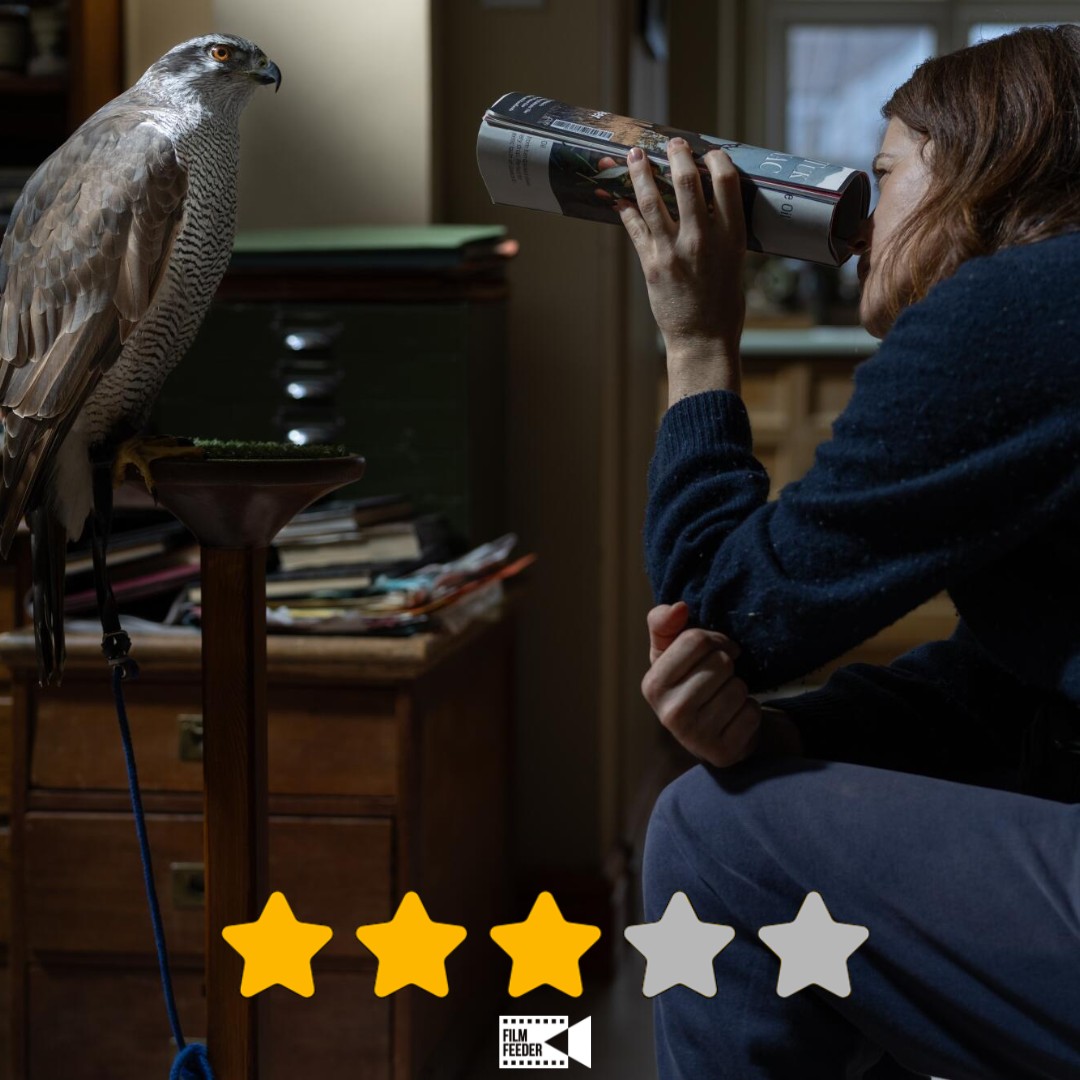
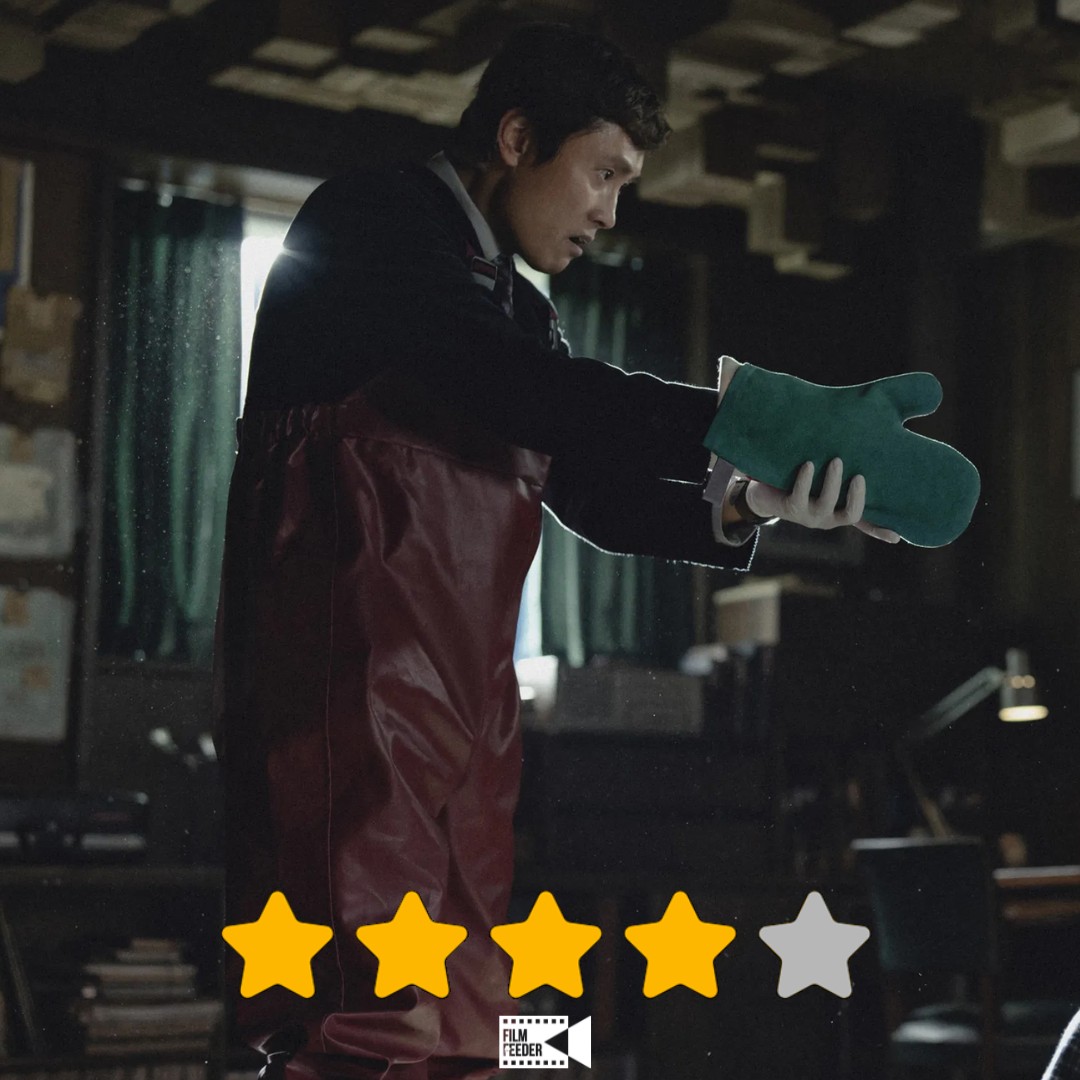
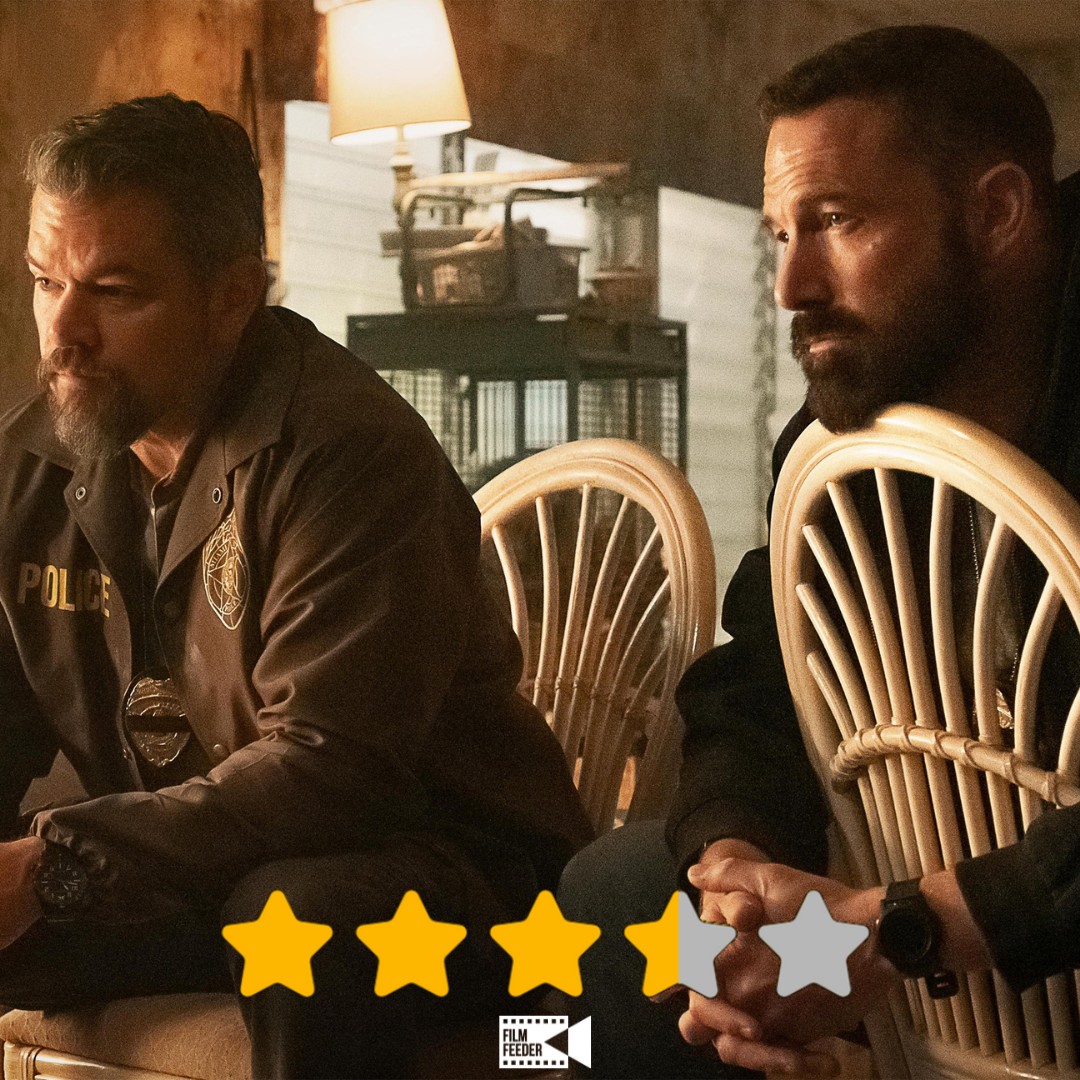
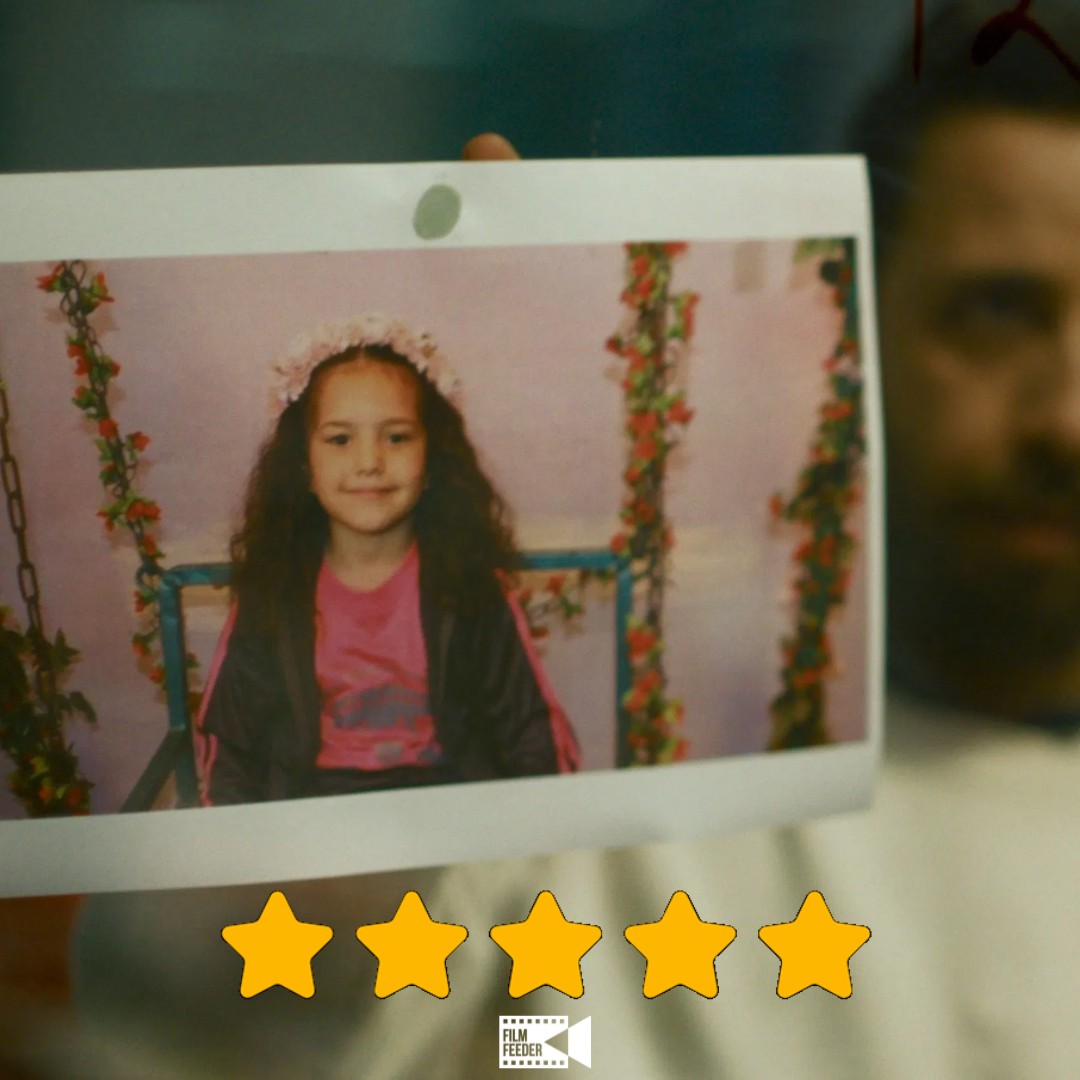

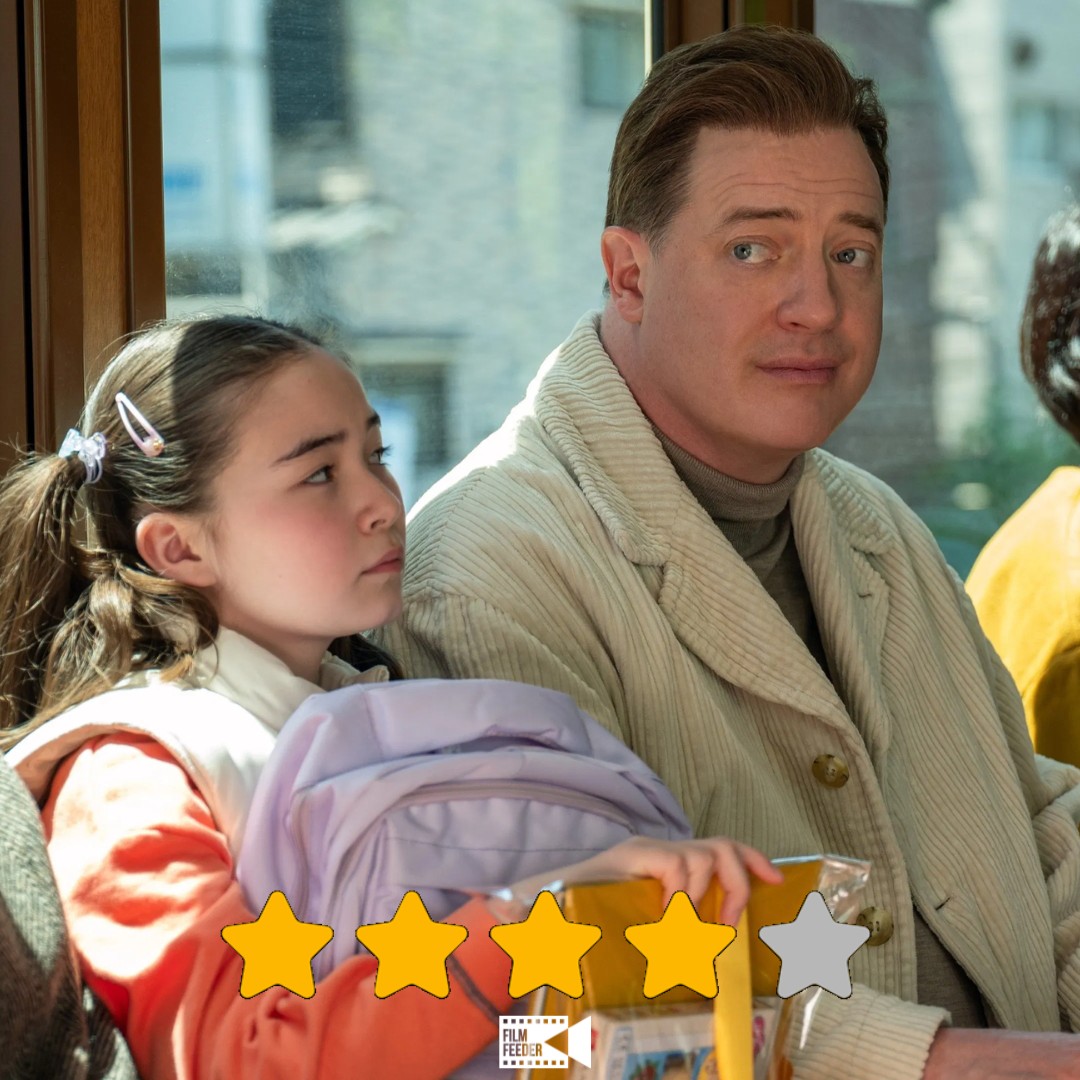
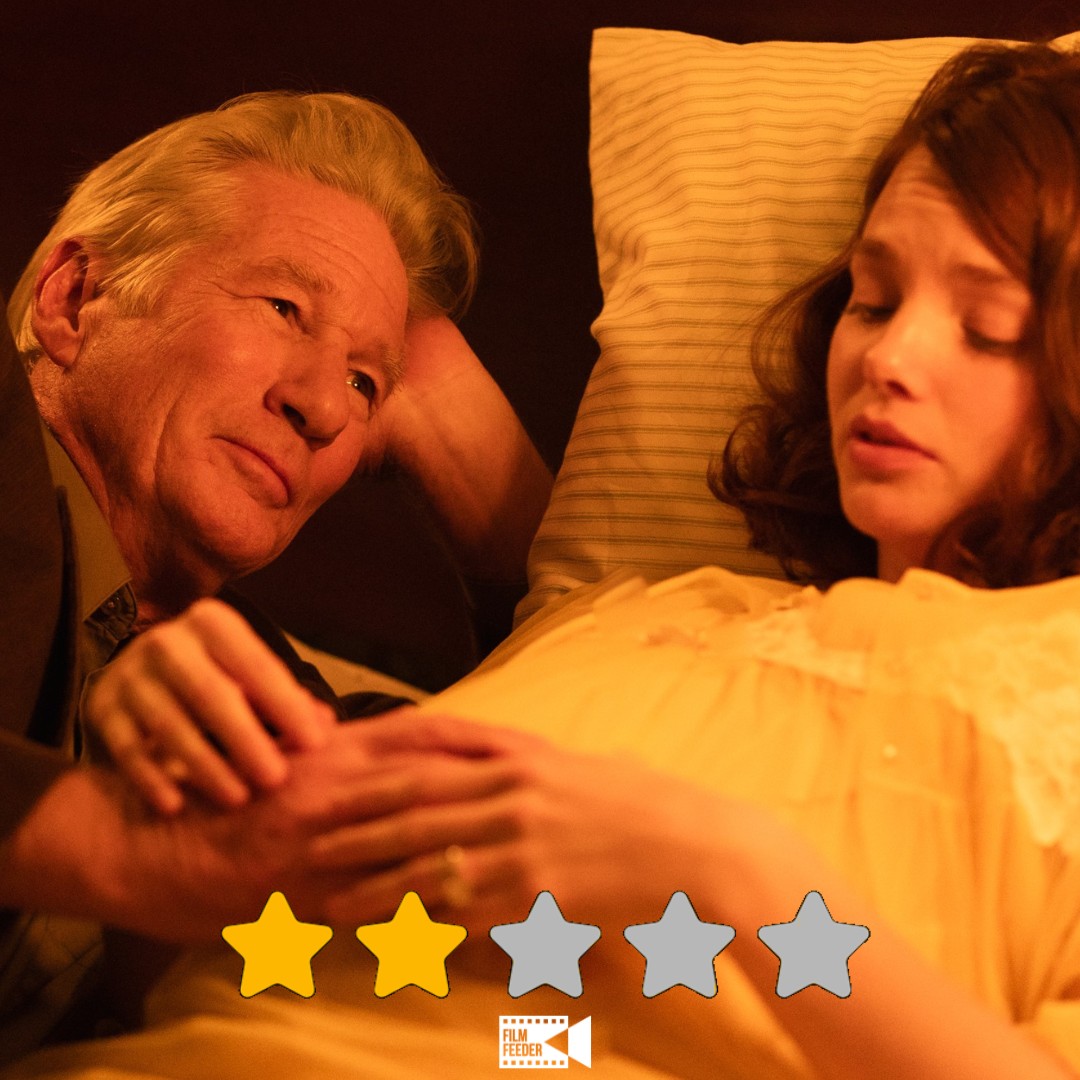
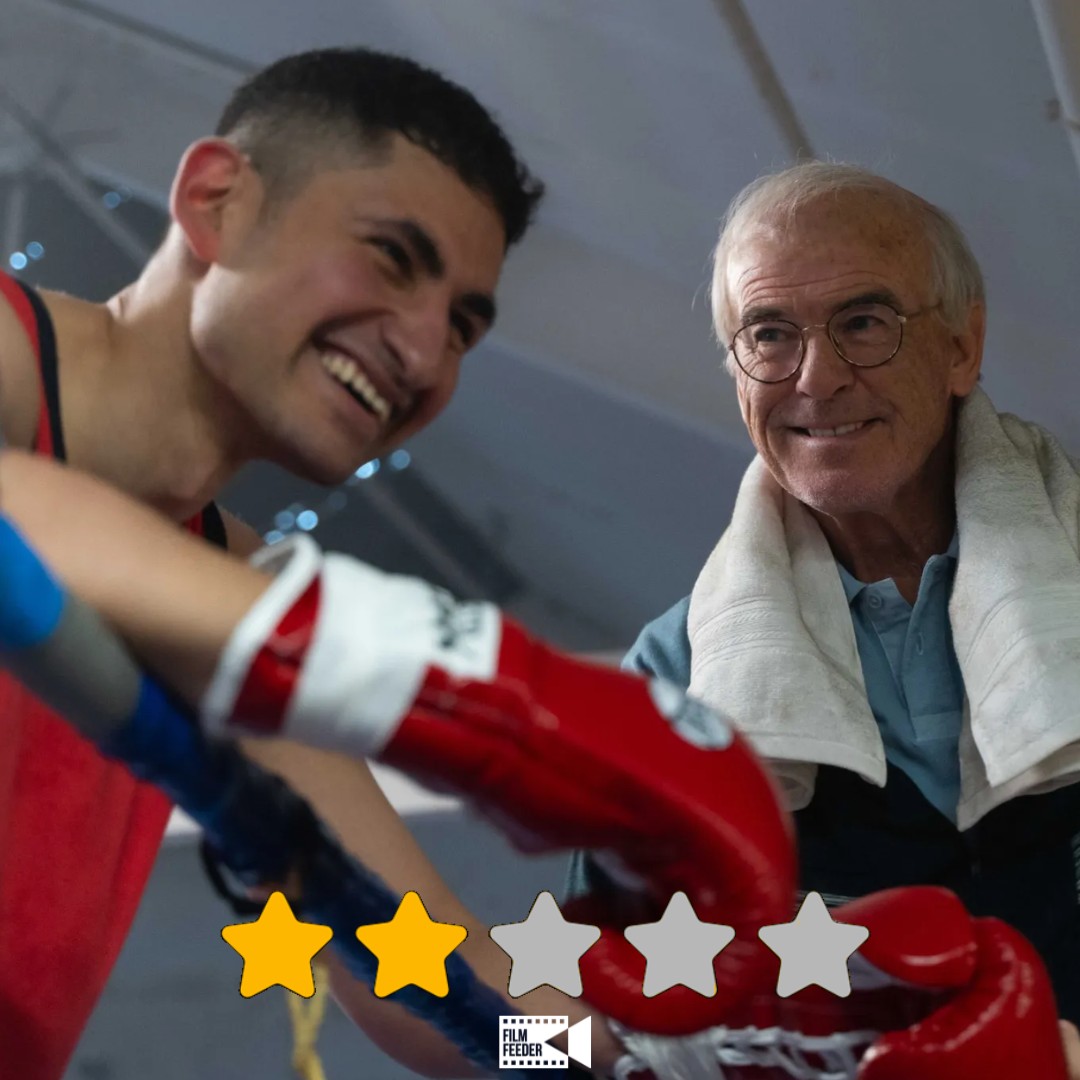
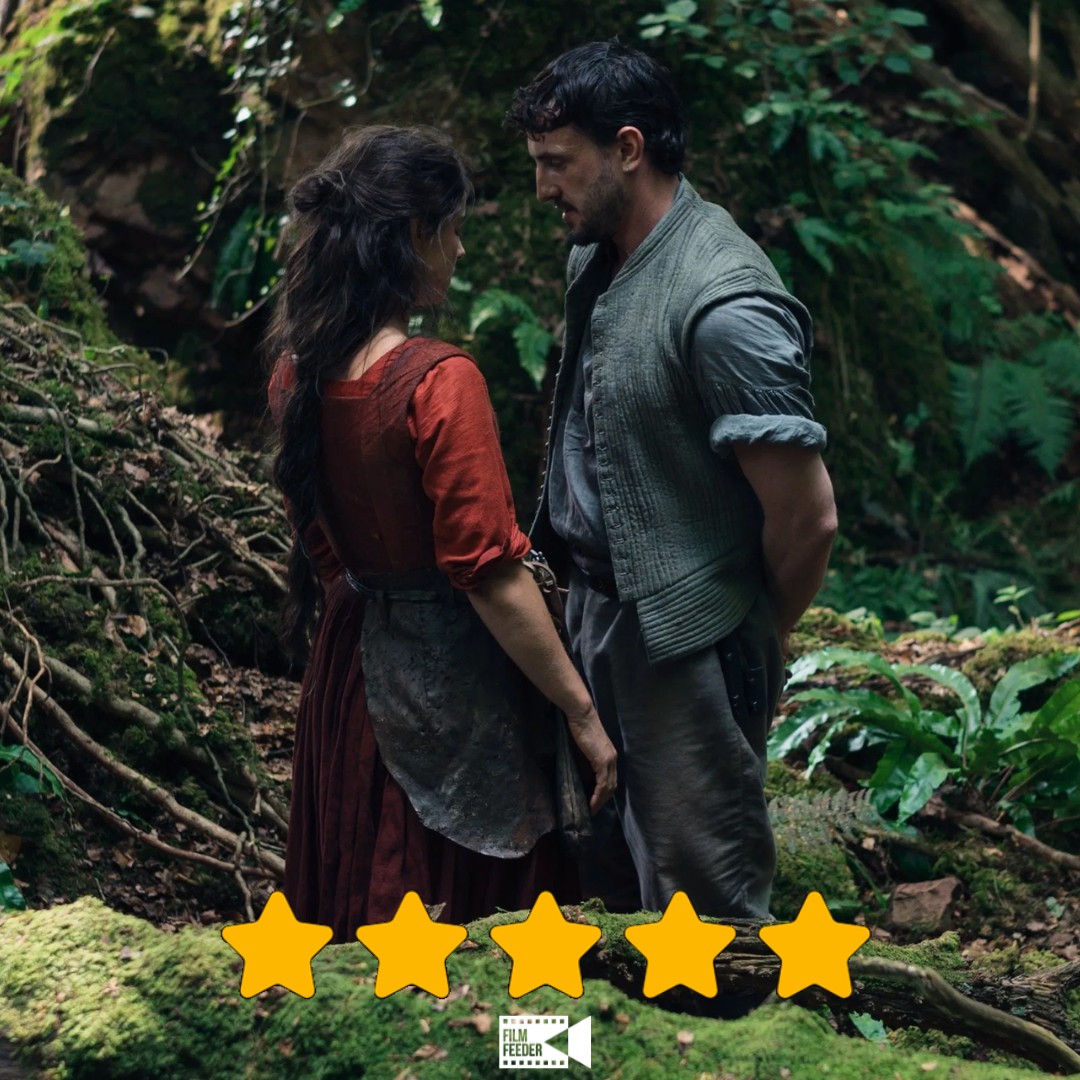
I agree with your criticisms of this film; I found certain moments—notably the final scene—touching, and a few moments funny, but the majority of it uncomfortable in a way that seemed increasingly forced.
Yup, I agree with all of this. Nothing fit together, so even if you want to laugh at a decent gag (e.g., zany dinner or enormous restaurant menus), it’s half-hearted because it didn’t feel organic at all. Also, any soulfulness you look for in the central premise gets lost because none of it really makes sense. Carol Kane wants something that was denied to her as a child, but it’s not clear what it means to her in the present. Further, they take away any aspect of it being an accomplishment by claiming she was able to prepare for a Bat Mitzvah (i.e., to learn to read and speak biblical Hebrew) in a few weeks. And then they add insult to injury by explaining this away by implying that the normal year-long preparation (which is already too short a time to learn a notoriously difficult language) comes entirely from suffocating, hidebound tradition.
Whole thing just ended up being a quirky mess.